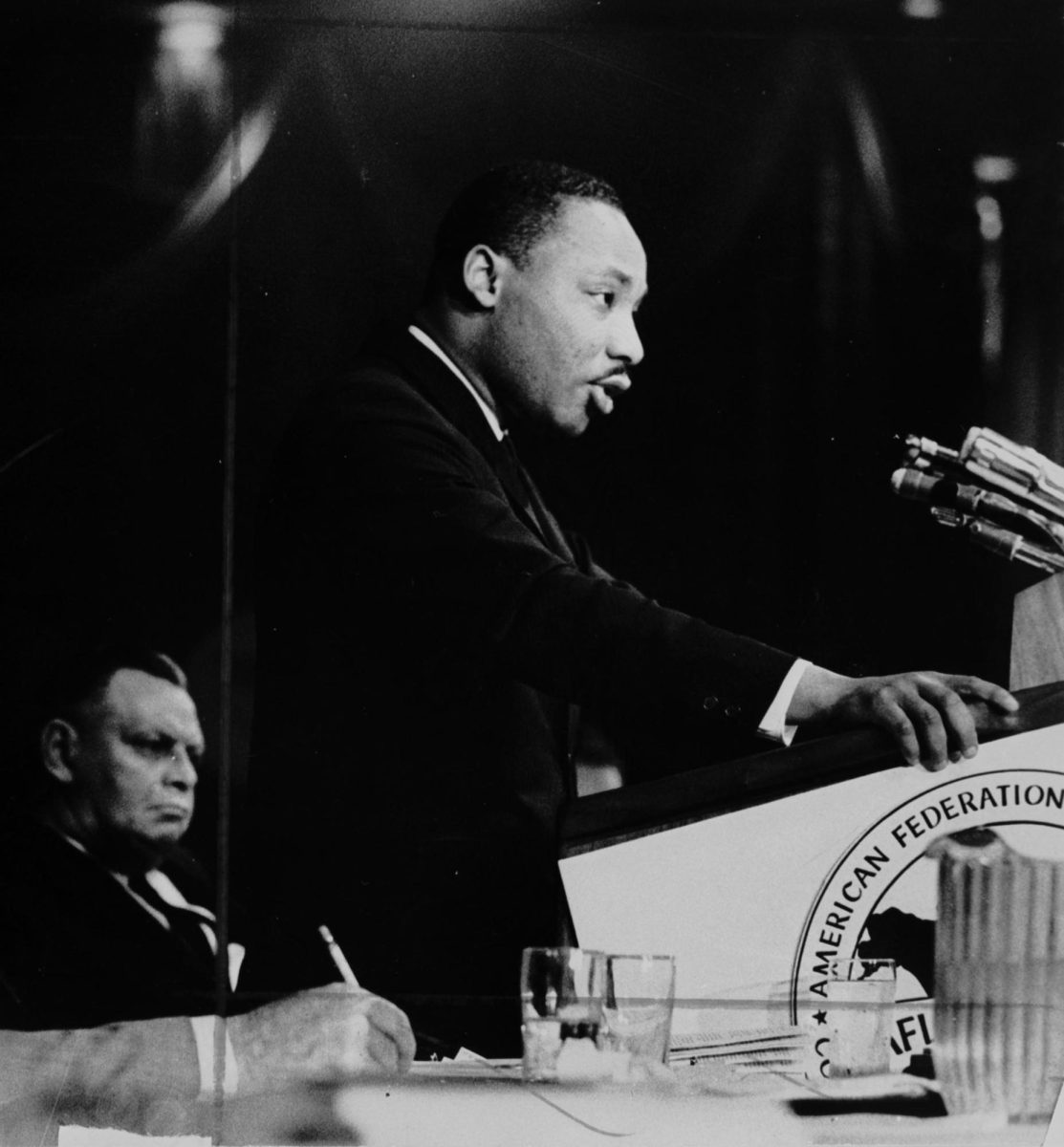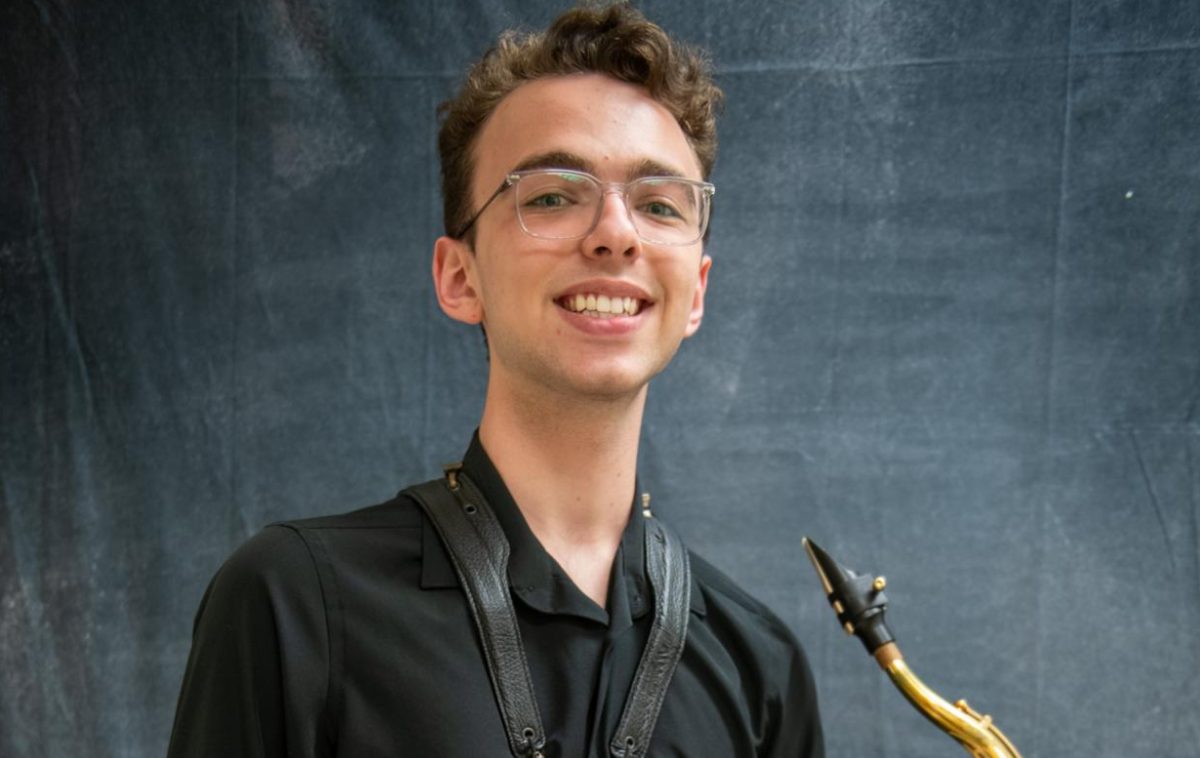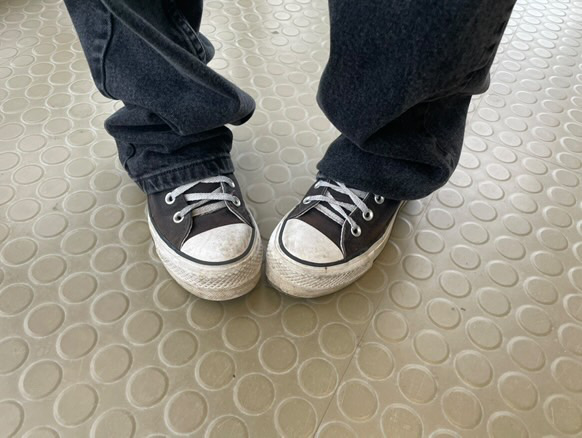Dr. Martin Luther King Jr. is a widely known figure in the civil rights movement of the 1960s, celebrated for his impactful legacy of fighting racism and preaching nonviolence. Six decades after the civil rights movement, Dr. King’s full story is still often ignored.
Throughout his life, King frequently criticized capitalism for growing exhausted and oppressive.
“I imagine you already know that I am much more socialistic in my economic theory than capitalistic,” King said. “[Capitalism] started out with a noble and high motive… but like most human systems it fell victim to the very thing it was revolting against. So today capitalism has out-lived its usefulness.”
King believed that American society must be fundamentally changed. He often pointed out that scarcity is artificial in a country with enough resources to provide necessities for everyone, and he believed that only an end to capitalism would end that scarcity.
“One day we must ask the question, ‘Why are there forty million poor people in America,’” King said. “And when you begin to ask that question, you are raising questions about the economic system, about a broader distribution of wealth. When you ask that question, you begin to question the capitalistic economy. And I’m simply saying that more and more, we’ve got to begin to ask questions about the whole society…”
King sought not only to end racism in the United States, but also to end the country’s imperial exploitation and poverty. He wanted to achieve a more equitable distribution of power for everyone. As he fought racism, imperialism, and capitalism simultaneously, he saw a fundamental link between all of the oppressive systems that he worked to abolish. King believed that no inequality would end until all inequality had ended.
“We must recognize that we can’t solve our problem now until there is a radical redistribution of economic and political power… this means a revolution of values and other things,” King said. “We must see now that the evils of racism, economic exploitation and militarism are all tied together… you can’t really get rid of one without getting rid of the others… the whole structure of American life must be changed. America is a hypocritical nation and [we] must put [our] own house in order.”
He wished to see a much more radical transformation of society than most people believe today. He wanted to completely change America, to end all poverty and oppression. He did not ignore one form of injustice as he spoke out about another. The popular image of King is distorted, and we fail to remember him properly when we ignore this part of his legacy.










Bach D • Apr 11, 2024 at 12:32 am
very cool topic, i never knew that about him!